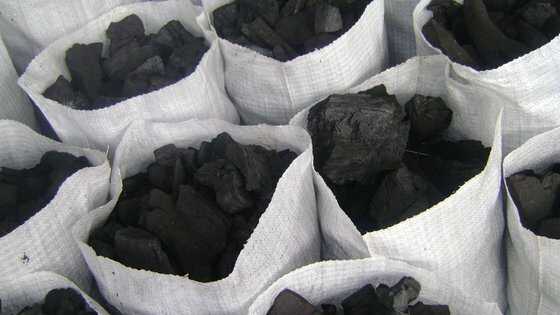– Advertisement –
The Project Developer Forum (PD Forum) and leading carbon market experts are calling for a review by the UNFCCC Clean Development Mechanism’s (CDM) Board of the science behind the default Wood to Charcoal Conversion Factor (WCCF) and the charcoal emission factors used in carbon credit methodologies.


WCCF measures how much wood is required to produce one ton of charcoal, a key parameter for carbon credit accounting as it determines the deforestation and emissions attributed to charcoal production.
New scientific evidence suggests that the proposed 4:1 default value does not reflect real-world data and could potentially under-credit clean cooking projects across Sub-Saharan Africa. Low emission factors would underestimate the deleterious impact of the charcoal industry on deforestation.
During a webinar hosted by PD Forum on June 4, 2025, Dr. Nordica MacCarty of Oregon State University presented field research from Malawi and Ghana showing that actual WCCFs consistently exceed the current 4:1 default set by CDM Tool 30 and 33. Her study analysed 12 kiln runs in each country, measuring charcoal yield, distribution, and usage inefficiencies across the value chain.
“Our findings clearly show that the majority of emissions and material losses occur during charcoal production, primarily through the release of volatiles, water loss, fines, and wood left at harvest sites,” said Dr. MacCarty. “Actual WCCFs consistently exceeded the conservative 4:1 value. If the goal is accurate emissions accounting, these ground realities must be incorporated into default factors.”
Nick Marshall, Co-Vice Chair of PD Forum, said: “Under the disingenuous label of ‘integrity’, we are seeing the prioritisation of conservative carbon accounting over accuracy. The proposed WCCF default does not reflect sufficient accuracy in the accounting of clean cooking carbon project emissions, leading to an underestimation of their impact which can undermine carbon finance flows to communities that need them most. We are urging the UNFCCC to review this parameter so that it reflects real-world conditions and ensures fair crediting for projects delivering climate solutions to low-income households.
“This is not only about carbon accounting – it’s about fairness and equity. The communities adopting cleaner technologies deserve recognition for their contribution to global climate goals.”
Dr. Rob Bailis from Stockholm Environment Institute added, “”The 4:1 default is not based on actual field data, but rather a misreading of outdated IPCC text. Using 4:1 not only underestimate emission, but it also undermines project viability. If the goal is environmental integrity, we should follow the data. On that basis, 6:1 is a much more defensible default value.”
Nathan Gachugi, Director of Carbon Operations Africa at BURN, explained how conservative defaults limit carbon finance potential: “At BURN, we are seeing firsthand how these conservative defaults are limiting the potential of carbon finance to transform the lives of hundreds of millions of low-income households in Africa. Revising the WCCF and the direct charcoal emission factors to reflect science-backed field data is critical to ensuring climate finance reaches the communities that need it most.”
Traditional low-efficiency kilns in Sub-Saharan Africa consume far more wood than current methodologies account for, yet outdated defaults remain in use. While methodologies like Verra’s VMR0050 and the Clean Cooking Alliance’s CLEAR methodology now recognise a 6:1 WCCF, the CDM Tool 33 and the ICVCM’s Core Carbon Principles take the 4:1 value. These risks underestimating the emissions from upstream charcoal production, disincentivising investment in cleaner technologies and perpetuating unsustainable charcoal practices.
The PD Forum is circulating research to key stakeholders including UNFCCC, ICVCM, Gold Standard, Verra, ICAO, national carbon market authorities, and rating agencies, urging alignment of charcoal emission factors with empirical data.









